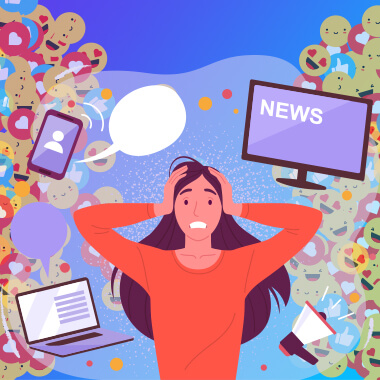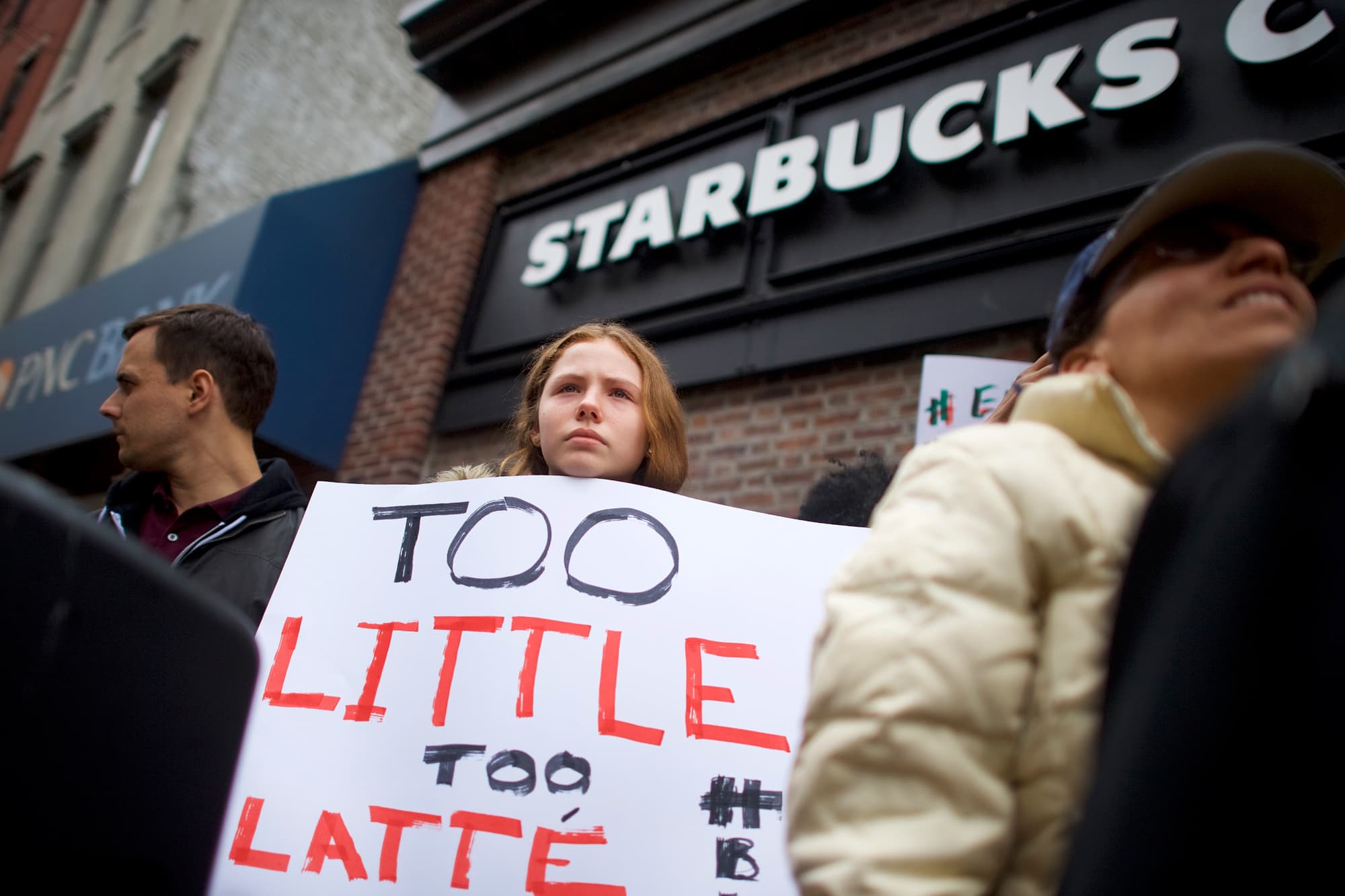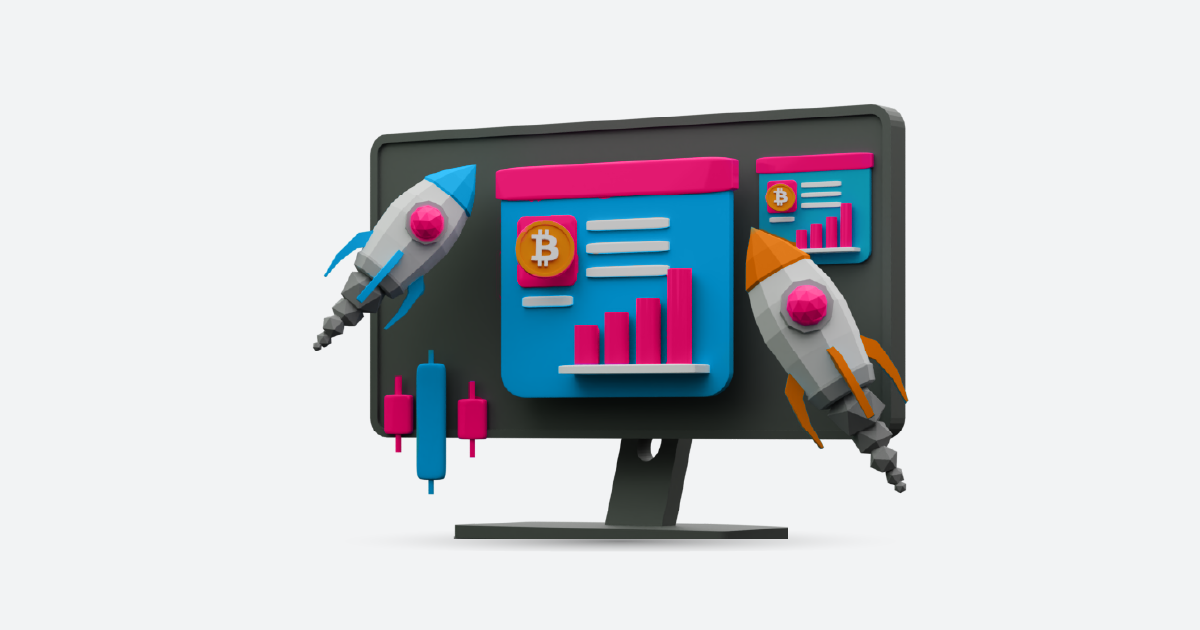In today’s digital age, social media has become an integral part of our lives. It connects people, disseminates information, and promotes businesses. However, the same platforms that bring people together can also be the breeding ground for social media crises. In this article, we’ll delve into the complexities of social media crises, exploring their causes, impact, and ways to prevent them.
What is a Social Media Crises?

A social media crisis refers to any situation in which a brand, organization, or individual faces a significant negative backlash or reputational damage on social media platforms. These crises can be triggered by various factors and escalate rapidly.
Common Causes of Social Media Crises
- Miscommunication: Poorly phrased posts, tweets, or comments can be misinterpreted and lead to outrage.
- Inappropriate Content: Posting offensive, discriminatory, or controversial content can provoke strong negative reactions.
- Data Breaches: When sensitive user data is compromised, trust in the platform is eroded.
- Customer Complaints: Ignoring or mishandling customer complaints can escalate minor issues into full-blown crises.
The Impact of Social Crisis
Social media crises can have far-reaching consequences, affecting individuals and organizations alike.
1. Reputational Damage
Negative publicity can tarnish the reputation of businesses and individuals, leading to a loss of trust.
2. Financial Losses
A social media crisis can result in decreased sales, loss of customers, and legal expenses.
3. Emotional Toll
For individuals targeted by online harassment or backlash, the emotional toll can be severe.
Preventing Social Crisis
1. Effective Communication
Transparent and empathetic communication is key to preventing crises. Think before posting and respond promptly to concerns.
2. Social Media Monitoring
Regularly monitoring social media channels for mentions and comments allows for quick responses to emerging issues.
3. Crisis Management Plan
Having a well-defined crisis management plan in place can help mitigate the impact of a crisis and guide effective responses.
4. Employee Training
Educating employees about social media etiquette and crisis management is essential to prevent internal mishaps.
Case Studies with Record-Breaking Impact
1. United Airlines Passenger Incident

In 2017, United Airlines faced a massive social media crisis when a passenger was forcibly removed from an overbooked flight. The video of the incident went viral, leading to widespread outrage and significant damage to the airline’s reputation. This crisis highlighted the importance of customer service and the potential for incidents to escalate rapidly on social media.
Tweet from Influencer:
“Unacceptable behavior by @united! Treating customers like this is beyond wrong. #BoycottUnited #CustomerServiceFail” – @InfluencerName
2. Starbucks Racial Bias Incident

Starbucks encountered a major social media backlash in 2018 when two African American men were arrested at a Philadelphia store for sitting without ordering. The incident sparked accusations of racial bias and led to a nationwide conversation about discrimination. Starbucks responded by closing 8,000 stores for racial bias training.
Tweet from Influencer:
“Disappointed but not surprised by @Starbucks. This is why we need to keep talking about racial bias. #StarbucksWhileBlack” – @InfluencerName
Challenges in Social Media Crises
1. Speed of Information Spread
Social media allows information to spread rapidly, making it challenging to control the narrative once a crisis begins.
2. Volume of Content
The sheer volume of posts, comments, and messages can overwhelm crisis management teams, making it difficult to respond effectively.
3. Misinformation
False or misleading information can exacerbate a crisis, complicating efforts to manage public perception and provide accurate updates.
4. Global Reach
Social media crises can quickly become global issues, requiring coordinated responses across different regions and time zones.
Future Trends
1. Advanced Monitoring Tools
The use of AI and machine learning to monitor social media in real-time will become more prevalent, allowing for quicker detection and response to potential crises.
2. Proactive Engagement
Brands will increasingly focus on building strong relationships with their audiences through proactive engagement, reducing the risk of crises and fostering loyalty.
3. Crisis Simulation and Training
Organizations will invest more in crisis simulation and training programs to prepare employees for potential social media crises.
4. Enhanced Privacy and Security Measures
With growing concerns about data breaches and privacy, companies will implement stronger security measures to protect user data and maintain trust.
Conclusion
In the age of social media, understanding and addressing the potential for crises is crucial. By adopting proactive measures and embracing responsible communication, individuals and organizations can navigate the digital landscape successfully.
Ready to safeguard your online reputation? Request a demo from AIM Technologies today and discover how our cutting-edge solutions can help you stay ahead in the digital age. Don’t wait; take control of your online presence now!
FAQs
What are some famous examples of social media crisis?
- Some well-known examples include the United Airlines passenger incident and the Starbucks racial bias incident.
How can individuals protect themselves from social media crises?
- Being mindful of what you post, setting privacy settings, and reporting harassment are ways individuals can protect themselves.
Is it possible to recover from a social media crisis?
- Yes, with a well-executed crisis management plan and sincere efforts to rectify the situation, recovery is possible.
Can a social media crisis be predicted in advance?
- While not always predictable, monitoring social media chatter can help detect potential issues early.
What role does public perception play in the social media crisis?
- Public perception can make or break a crisis. How a brand or individual responds can significantly influence public sentiment.




